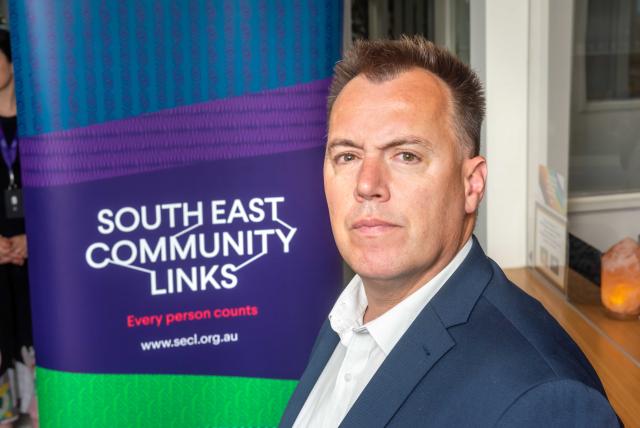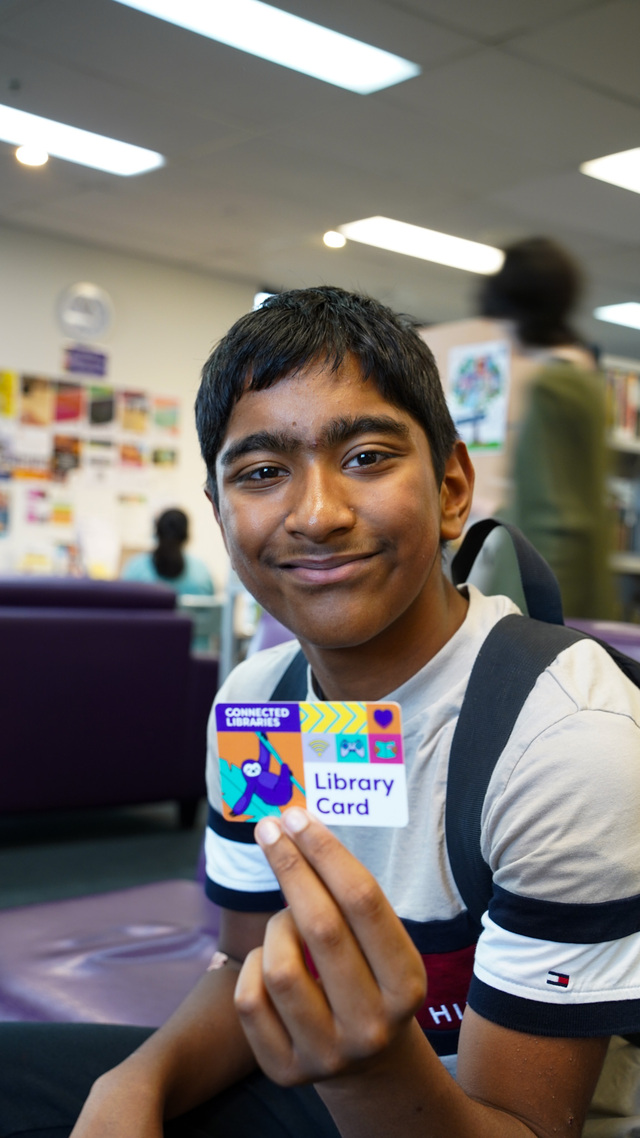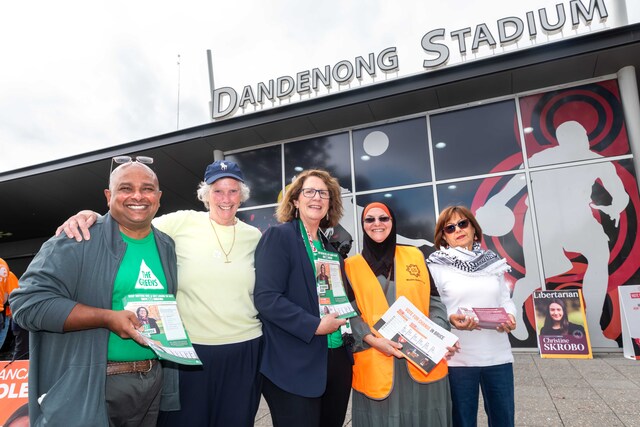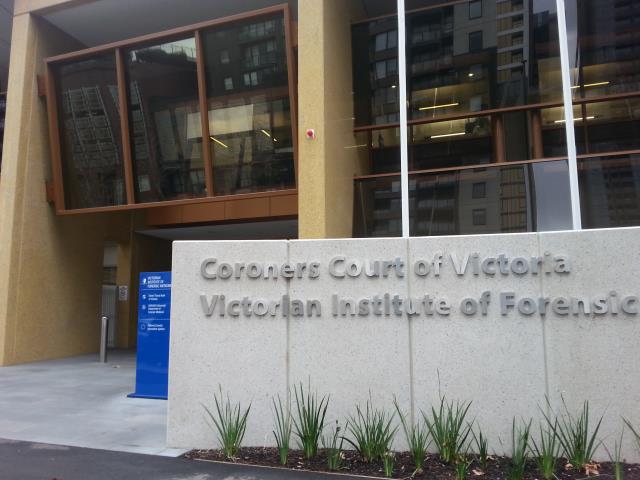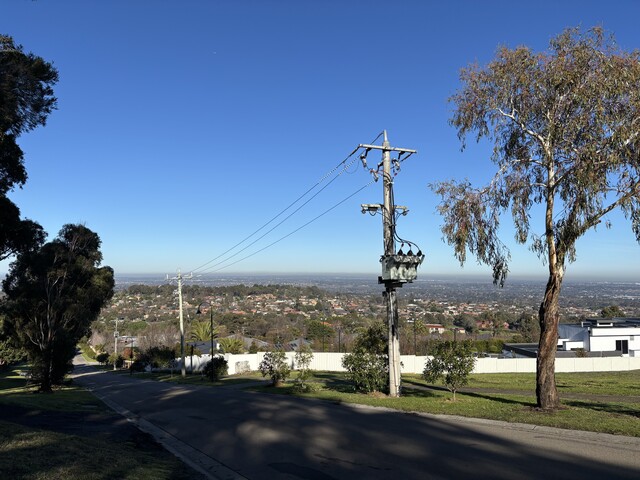A South East support agency has warned of ‘canaries in the coal mine’ that show a crushing cost-of-living crisis for many vulnerable households.
With residents hit by galloping inflation, interest rates and housing costs, South East Community Links (SECL) reports:
– 80 per cent of its clients battling mental health issues
– Clients under housing stress up 165 per cent in the past 12 months
– Half of the people on financial counselling wait lists have mortgages
– By April, SECL will need to turn back 1000 individuals and families seeking emergency relief
Last week, homelessness service Wayss also reported a “crisis” worsening into a “catastrophe”, with Census 2021 data estimating more than 2360 residents homeless in Greater Dandenong – the most in Victoria.
According to SECL, gaps in multicultural mental health services are also being exposed.
Due to the rise in clients with mental illness, SECL has recently employed Mark Singh, a mental health clinician and registered nurse, to help clients access the care they need.
Mr Singh said there was a “strong need” for local mental health services that were culturally appropriate and accessible for all, regardless of cultural and religious backgrounds or socioeconomic status.
“We know that people from culturally diverse backgrounds experience barriers to accessing health services, especially in relation to mental health and substance abuse,” Mr Singh said.
Chief executive Peter McNamara says the hiring would enable SECL to provide “more comprehensive and coordinated care, helping to break down the barriers that prevent people from accessing the support they need”.
Mental health is one of the greatest challenges faced by Dandenong’s diverse community, with 63 per cent born overseas, Mr McNamara said.
“Issues such as financial stress, unemployment, homelessness, school engagement and social isolation in the community exacerbate mental health problems.”
Cultural and linguistic barriers were blocking CALD clients from the services they need. It leads to undiagnosed and untreated mental health, alcohol and other substance issues, he said.
Bakhtar Community Organisation chief executive Bassir Qadiri said he wasn’t surprised in the rise of mental health issues.
“Addressing gaps in mental health services for new arrivals and those who have just settled in requires a comprehensive approach that involves collaboration between mental health providers, community organizations, and individuals within the community.”
Southern Migrant and Refugee Centre senior manager Sharon Smith also says there’s a “gap” between mainstream mental health services and diverse communities.
“Clients will come in, generally you never hear them saying ‘I have mental health issues’. That word doesn’t exist.
“There’s this whole shame aspect that says you shouldn’t have any issues, you should be OK. All these labels have stigmas and shame attached.
“We might call it mental health services, they might call it something totally different.
“It’s not about a gap in services, it’s about how those existing services start to adapt to the current issues for the clients coming in. That is the gap”
The State Government plans to open a Mental Health and Wellbeing Local Service in Dandenong late 2023, with others in Narre Warren, Cranbourne and Officer.
The free and easy-to-access local services are said to act as a ‘front door’ to the mental health and wellbeing system, removing barriers to treatment.
There will be no eligibility criteria and no need for a GP referral.
The ‘Locals’ were a “flagship” recommendation of the Royal Commission into Victoria’s mental health system.
Mental Health Minister Gabrielle Williams says the Government is working closely with multicultural communities and services to transform the mental health system.
“This work includes developing programs and initiatives that ensure diverse communities have access to inclusive and culturally safe mental health services, and improving pathways for multicultural Victorians into the mental health workforce.”
Ms Williams said its $9.6 million Our Diverse Communities grants were “helping multicultural services connect people with the mental health supports they need when they need it”.
Grant awardees include Afri-Aus Care Inc, African Australian Welfare Bureau Inc, Australian Muslim Women’s Centre for Human Rights, Australian Vietnamese Women’s Association, Centre for Muslim Wellbeing, Ethnic Communities’ Council of Victoria, Multicultural Centre for Women’s Health and The Australian African Sports Association.
In 2022, $25 million was provided for mental health community services, including multicultural groups, during the pandemic.
The Government has also created a Specialist Women’s Mental Health Centre with 35 acute mental health beds specifically for women with complex issues. These include women from CALD communities and asylum seekers and refugees who have experienced severe trauma.
It is developing a 10-year strategy to improve mental health and wellbeing outcomes for diverse communities, including multicultural, disability and LGBTIQ+ communities.
A Monash Health spokesperson said “accessibility is a priority in the care Monash Health provides”.
There were no waiting lists at its refugee health and wellbeing service and four community mental health centres including Dandenong and Berwick, the spokesperson said.
The health service comprises employees born in 140-plus different countries.
Its mental health program has access to interpreters from the Emergency Department, Inpatient Care, and through to community health and residential care.
Monash Health’s refugee health and wellbeing service at Dandenong includes a psychiatry liaison nurse.
Its mental health facilities provide “culturally-appropriate dietary choices”, and its staff use “culturally appropriate language”.
The latter has “broken down many barriers and improved engagement with families struggling to understand and manage the care of a loved one with significant mental health problems”, the spokesperson said.

